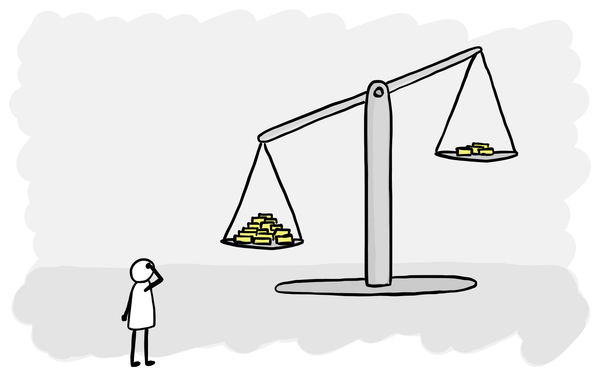
Why the value of research is so hard to measure and what to do about it
How to show your worth when you create value through communication, not building things.

How to show your worth when you create value through communication, not building things.
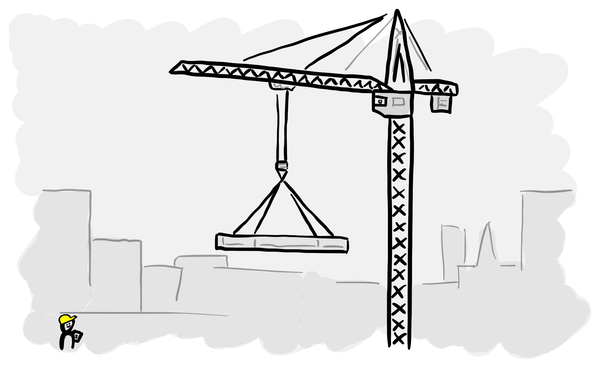
Building forces you to learn things you’d never otherwise have to.
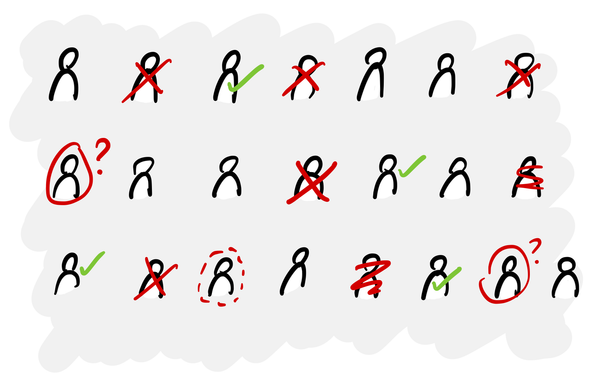
AI is enabling new levels of fraud in online research.
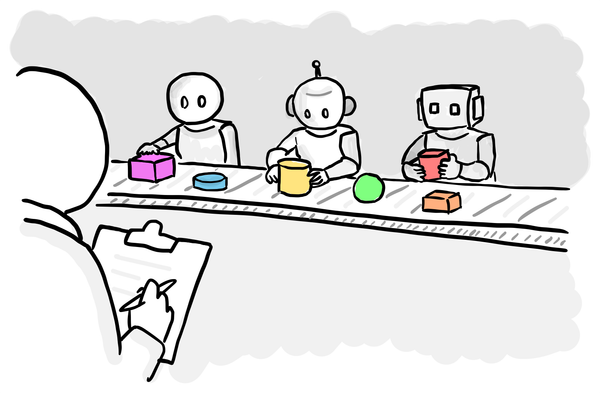
AI coding agents can only go as fast as humans can give them direction.
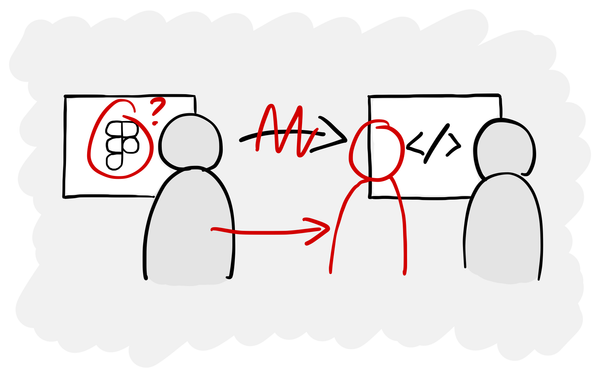
UX folk can look forward to building products, not just drawing pictures of them.
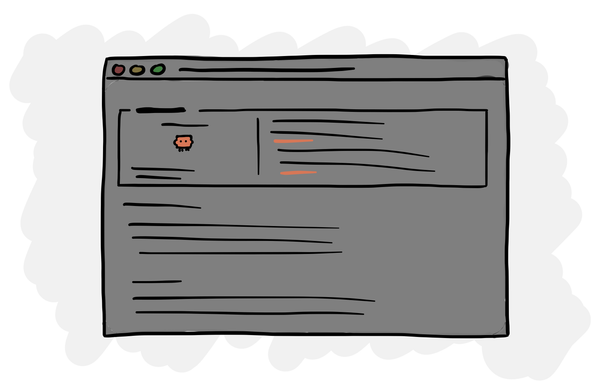
The coding model we’ve all been waiting for.
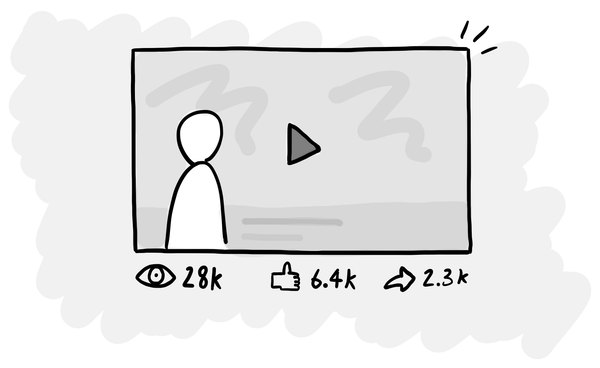
This year, change how your organisation thinks about customers by putting them in their shoes.
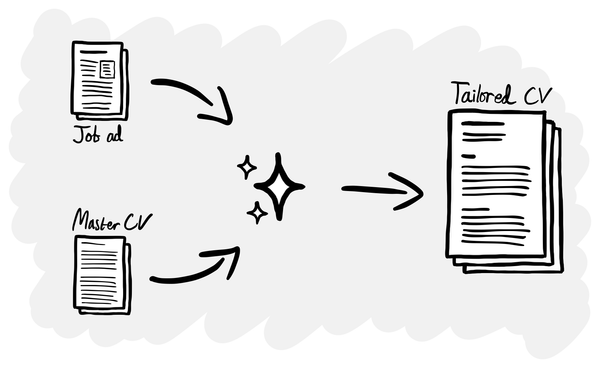
A step-by-step guide to using your favourite LLM to create an ATS-friendly CV.
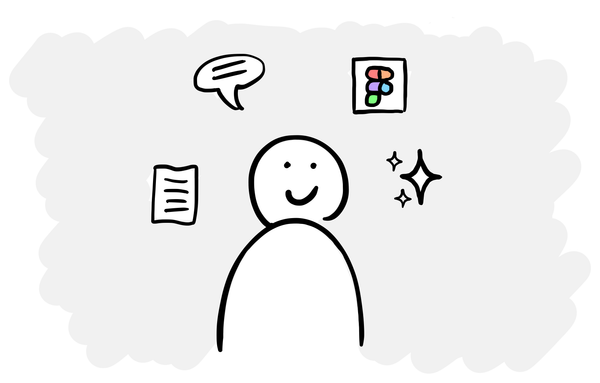
Organisations need help figuring out how to build the right thing more than ever.
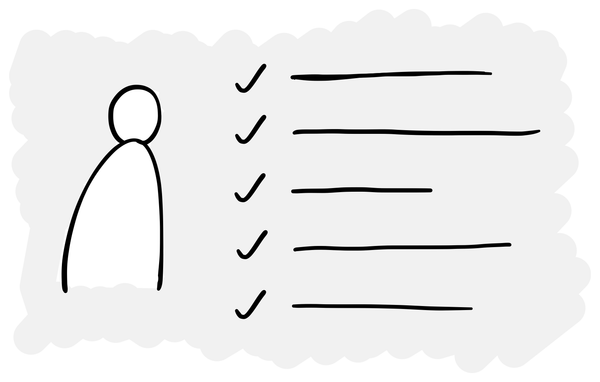
Make it easier for your external participant recruitment partners to know who you want to speak to in research.

A different approach gets the most out of this valuable source of insight.
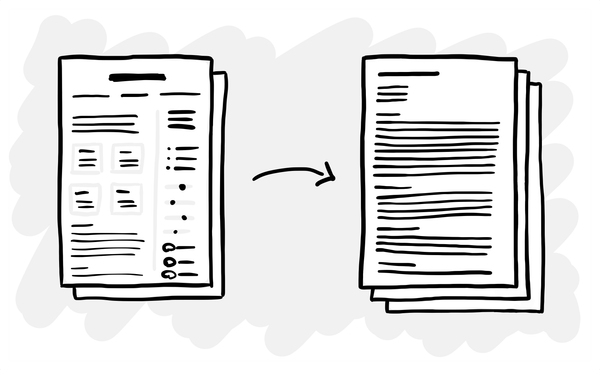
The arms race between candidates and recruiters is changing the format of CVs.
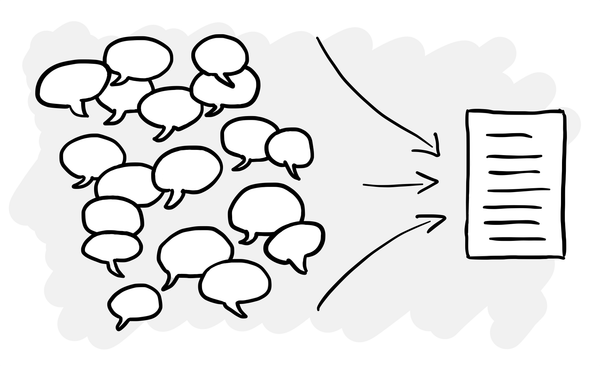
UX research
Using a Python script to collect posts which are then analysed by ChatGPT.
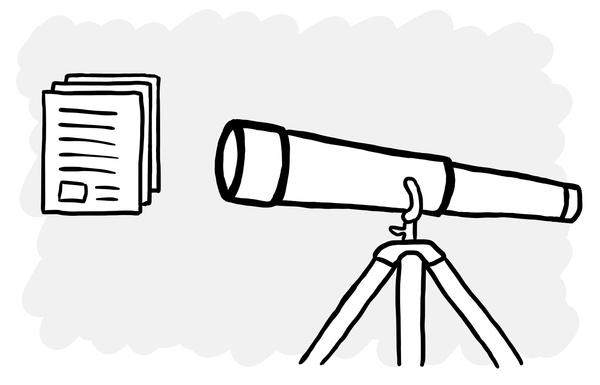
AI
Think of it instead as more compute time for (almost) any task.
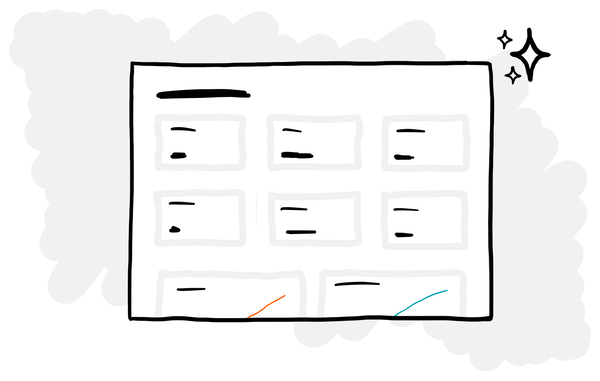
Software engineering
AI may write all the code, but you still need software engineering skills to solve problems and make real progress.
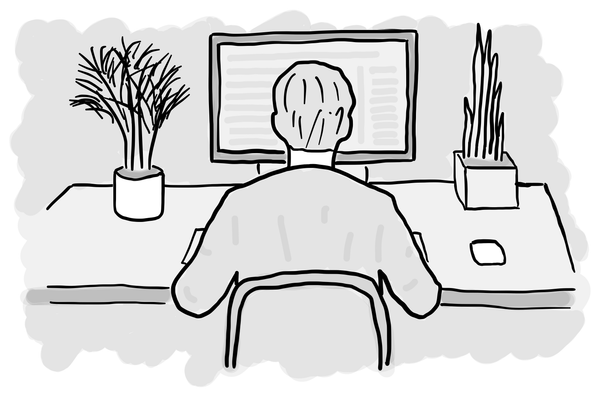
Careers
What can non-technical people build, now that AI can write the code?
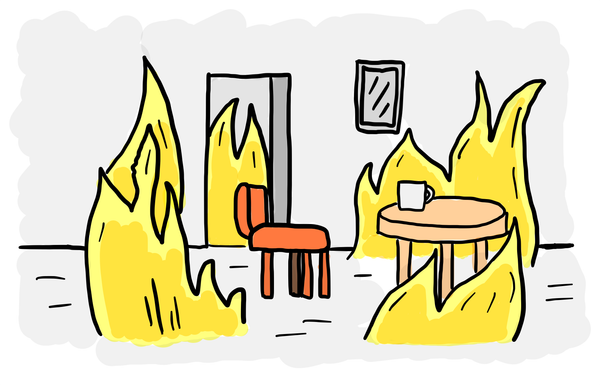
UX research
How to cope when everything is changing.
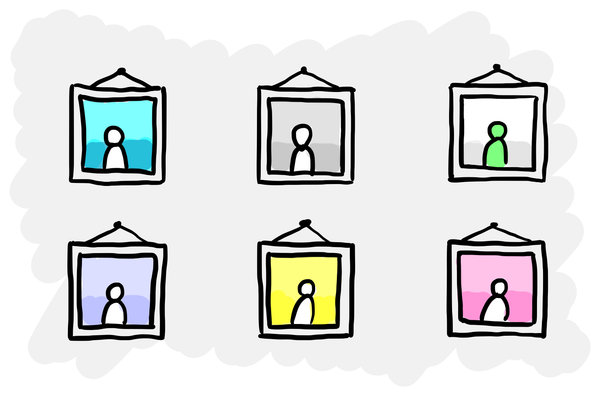
Product design
Part 2, following on from last week’s guide to using ChatGPT/Sora for creating storyboards, early-stage concepts and research stimulus.
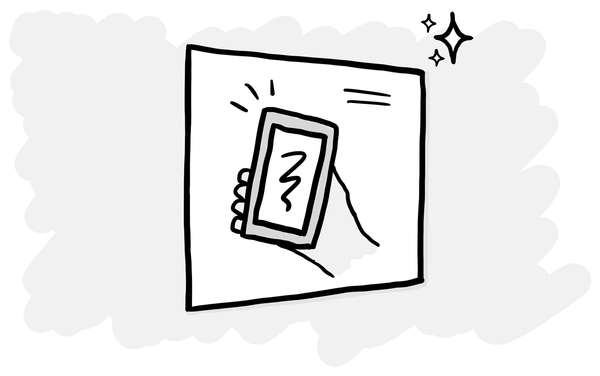
Product design
A practical guide to using ChatGPT/Sora to create storyboards, early-stage concepts and research stimulus.

AI
Advanced tips for collaborating with LLMs.

Product design
Making the business case for ‘collaboration software’ is hard, but it’s essential for knowledge work.
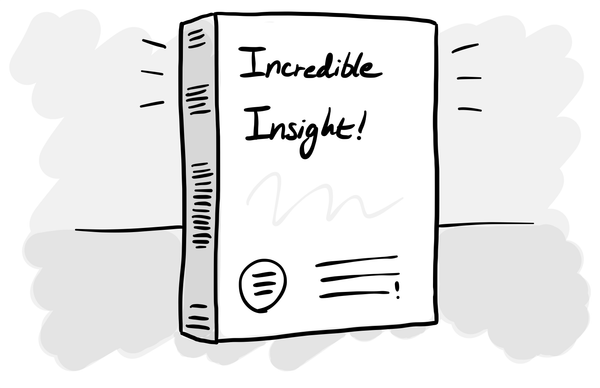
UX research
Generating insight is only half of the story.

AI
Why you should start talking to your favourite LLM more often.

UX research
Briefing people before they start a task leads to unintended consequences.